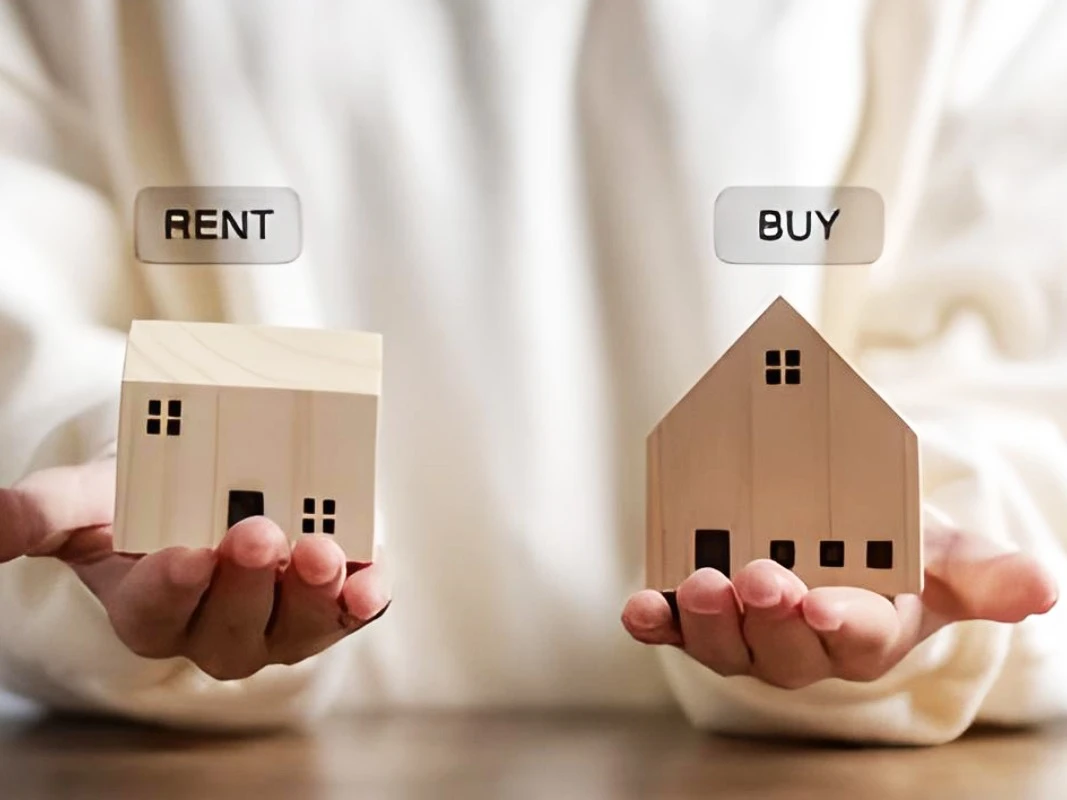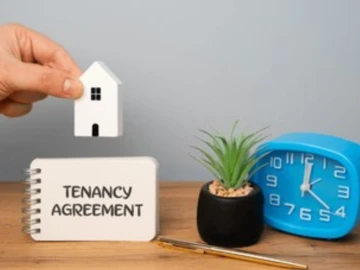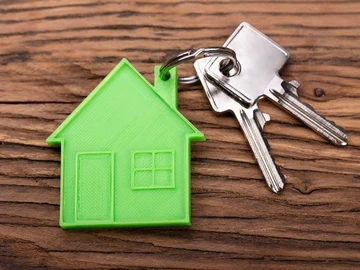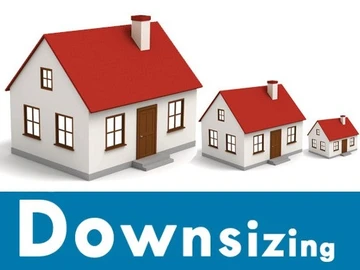As retirement approaches, many individuals face the important decision of whether to rent or buy a home. Each option comes with its own set of benefits and challenges, and understanding these can help retirees make informed decisions.
The Flexibility of Renting
Renting can provide retirees with the flexibility to choose where they want to live without the long-term commitment of homeownership. This is particularly appealing for those who may wish to relocate or downsize as their needs change. Renting allows retirees to enjoy different environments and lifestyles without the burden of property maintenance.
Financial Considerations of Renting
While renting may seem less financially burdensome initially, retirees should consider the long-term implications. Monthly rental payments do not build equity, which can be a disadvantage for those looking to invest in their future. It’s essential for retirees to weigh the cost of renting against potential returns on investment when considering their financial security.
The Stability of Buying
Buying a home can offer retirees a sense of stability and long-term investment potential. Homeownership allows retirees to build equity over time and may provide financial benefits, such as potential appreciation in property value. For many, owning a home is a way to ensure a secure living situation during retirement.
Maintenance and Upkeep
One of the significant advantages of renting is that maintenance and repair costs typically fall to the landlord. This can be a relief for retirees who may not wish to handle the responsibilities of home maintenance. Tenants can enjoy peace of mind knowing that they won't face unexpected repair costs.
Lifestyle Factors
Lifestyle preferences also play a crucial role in the decision between renting and buying. Some retirees may prefer the social opportunities and amenities offered by rental communities, while others may wish to invest in a home that they can personalise. Understanding lifestyle priorities is key to making the right choice.
Tax Implications
Buying a home can offer tax advantages, such as deductions on mortgage interest and property taxes. Retirees should consult with financial advisors to understand how ownership may impact their tax situation. It’s important to consider how these factors can influence overall financial health.
Future Plans and Mobility
Retirees should also consider their future plans and mobility needs. For those who wish to travel or spend time in different locations, renting may provide the flexibility they desire. Conversely, individuals seeking to settle down in a specific community may find that buying is the best option for their long-term happiness. Assessing lifestyle goals is crucial in this decision-making process.
Key Considerations When Choosing a Retirement Home
When selecting a retirement home, it is crucial to consider the following factors:
- Affordability: Retirees should ensure they don’t overcommit financially, particularly if they are no longer earning a regular income. Additional features are important but should only be considered if they fit within the budget.
- Local amenities: Is the home close to essential services such as hospitals, shopping centres, and airports? Access to these facilities becomes even more important as one ages.
- Size and maintenance: A smaller, low-maintenance home can reduce stress. Many retirees prefer homes that require minimal upkeep, so living in a complex might be more manageable than living in a free-standing home.
- Guest accommodations: If moving away from family, consider whether a guest room is needed for visits from loved ones.
- Care options: Will assisted care be necessary either now or in the near future? If so, a retirement village or old-age home might be a better fit.
Security and Lifestyle Amenities
Security remains a top priority for retirees, with many seeking homes in secure communities. Among the most popular choices are sectional title properties, as the levies cover outside maintenance, easing the burden on the homeowner. Ground-floor units with private gardens are especially desirable, making mobility easier as stairs can become more challenging with age. Additionally, pet-friendly properties are a must for those with furry companions.
Other desirable features that tend to work well for this age group include frail care facilities, tennis courts, paddle courts, and wellness programs like yoga classes. Shuttle services, on-site laundry, and even a hairdresser add tremendous value, making life more comfortable and convenient for retirees.
The process of selling a long-time family home and buying a new one can be emotionally and logistically challenging. Providing support during this transition, whether through family or professional guidance, can make the experience smoother and less stressful.
By carefully weighing the pros and cons of renting versus buying, retirees can make informed decisions that align with their financial situation, lifestyle preferences, and long-term goals.
 Continue with Facebook
Continue with Facebook
 Continue with Email
Continue with Email














